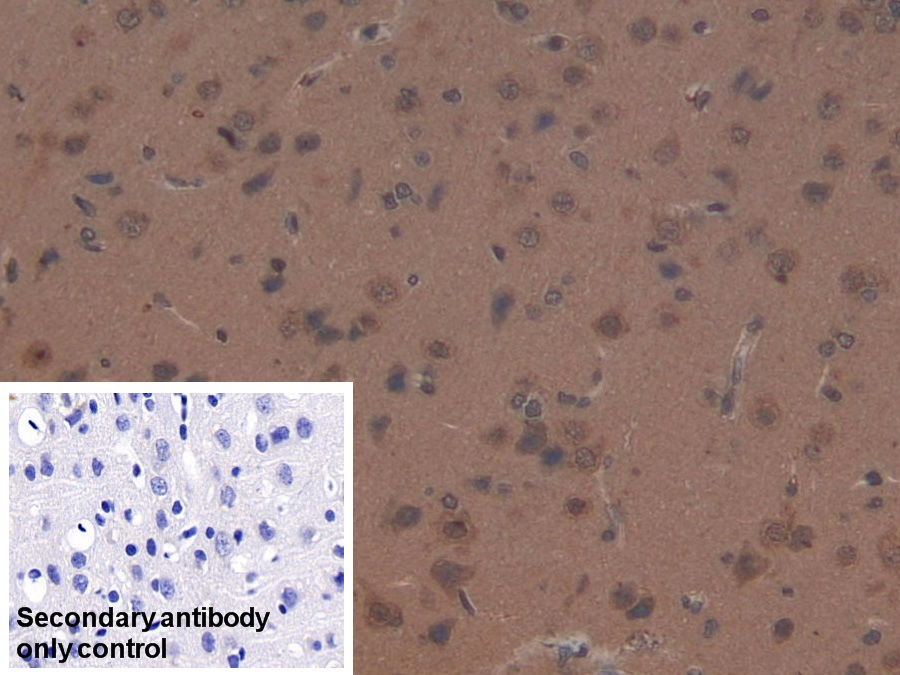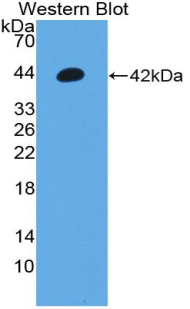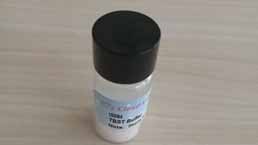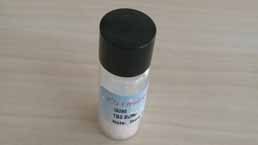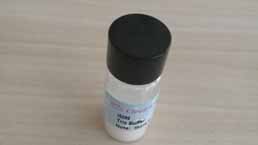Polyclonal Antibody to Orexin A (OXA) 

Hypocretin-1
Overview
Properties
- Product No.PAA607Ra01
- Organism SpeciesRattus norvegicus (Rat) Same name, Different species.
- ApplicationsIHC
If the antibody is used in flow cytometry, please check FCM antibodies.
Research use only - DownloadInstruction Manual
- CategoryNeuro scienceGastroenterologyHormone metabolism
- SourcePolyclonal antibody preparation, Host Rabbit
- Ig Type IgG, Potency n/a
- PurificationAntigen-specific affinity chromatography followed by Protein A affinity chromatography
- LabelNone
- Immunogen RPA607Ra01-Recombinant Orexin A (OXA)
- Buffer Formulation0.01M PBS, pH7.4, containing 0.05% Proclin-300, 50% glycerol.
- TraitsLiquid, Concentration 0.5mg/mL
Sign into your account
Share a new citation as an author
Upload your experimental result
Review

Contact us
Please fill in the blank.
Specifity
The antibody is a rabbit polyclonal antibody raised against OXA. It has been selected for its ability to recognize OXA in immunohistochemical staining and western blotting.
Usage
Immunohistochemistry: 5-20µg/mL;
Optimal working dilutions must be determined by end user.
Storage
Store at 4°C for frequent use. Stored at -20°C in a manual defrost freezer for two year without detectable loss of activity. Avoid repeated freeze-thaw cycles.
Stability
The thermal stability is described by the loss rate. The loss rate was determined by accelerated thermal degradation test, that is, incubate the protein at 37°C for 48h, and no obvious degradation and precipitation were observed. The loss rate is less than 5% within the expiration date under appropriate storage condition.
Giveaways
Increment services
Citations
- Neuro-Glial and Systemic Mechanisms of Pathological Responses in Rat Models of Primary Blast Overpressure Compared to “Composite” BlastPubMed: PMC3275793
- Pentylenetetrazol-induced seizures are exacerbated by sleep deprivation through orexin receptor-mediated hippocampal cell proliferationPubmed: 23852314
- Orexin-A-induced ERK1/2 activation reverses impaired spatial learning and memory in pentylenetetrazol-kindled rats via OX1R-mediated hippocampal neurogenesis.Pubmed: 24321199
- Orexin in Patients with Alcohol Dependence Treated for Relapse Prevention: A Pilot StudyPubMed: 26597795
- Evaluation of Antidiabetic And Insulintropic Potential of Nigella Sativa Seeds Water Extract and /or Alpha Lipoic Acid in Type 2 Diabetic RatsIssues%20Pdf: Vol.2
- Correlation of Brain Neuropeptide (Nesfatin-1 and Orexin-A) Concentrations with Anthropometric and Biochemical Parameters in Malnourished ChildrenPubMed: 26831553
- Resuscitation therapy for traumatic brain injury-induced coma in rats: mechanisms of median nerve electrical stimulationPubMed: 26170820
- Wake-promoting actions of median nerve stimulation in TBI-induced coma: An investigation of orexin-A and orexin receptor 1 in the hypothalamic regionPubMed: 26059340
- Application of the Co-culture Membrane System Pointed to a Protective Role of Catestatin on Hippocampal Plus Hypothalamic Neurons Exposed to Oxygen and Glucose Deprivationarticle:10.1007
- Wake-promoting effects of vagus nerve stimulation after traumatic brain injury: upregulation of orexin-A and orexin receptor type 1 expression in the prefrontal …Pubmed:29557373
- Recurrent circadian fasting (RCF) improves blood pressure, biomarkers of cardiometabolic risk and regulates inflammation in menPubmed: 31426866
- Relationship Between Orexin-A and Insulin Resistance in Patients with Type 2 Diabetes Mellitus
- Changes in the Orexin System in Rats Exhibiting Learned Helplessness Behaviors34942932





